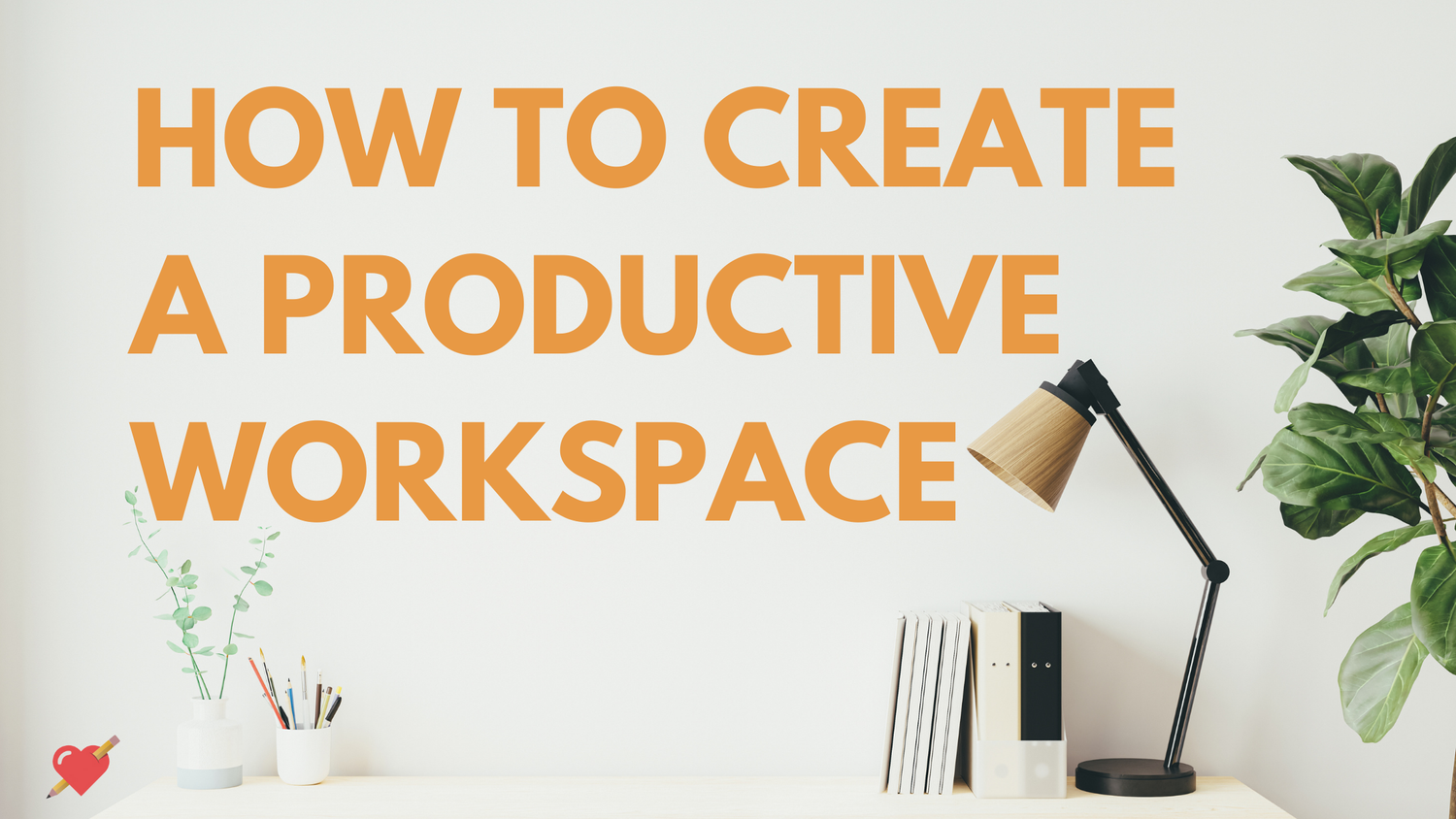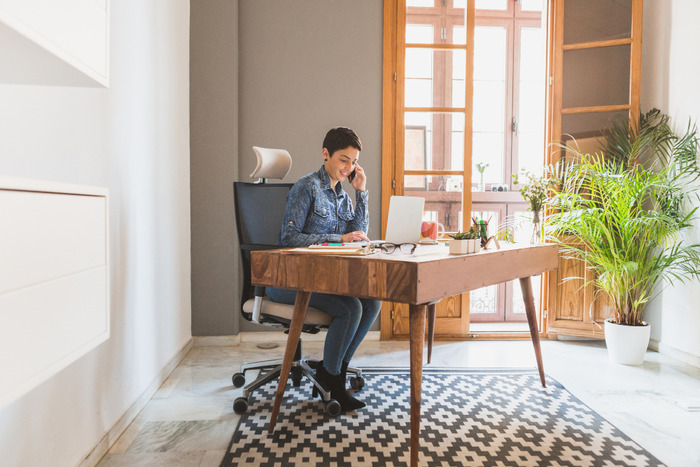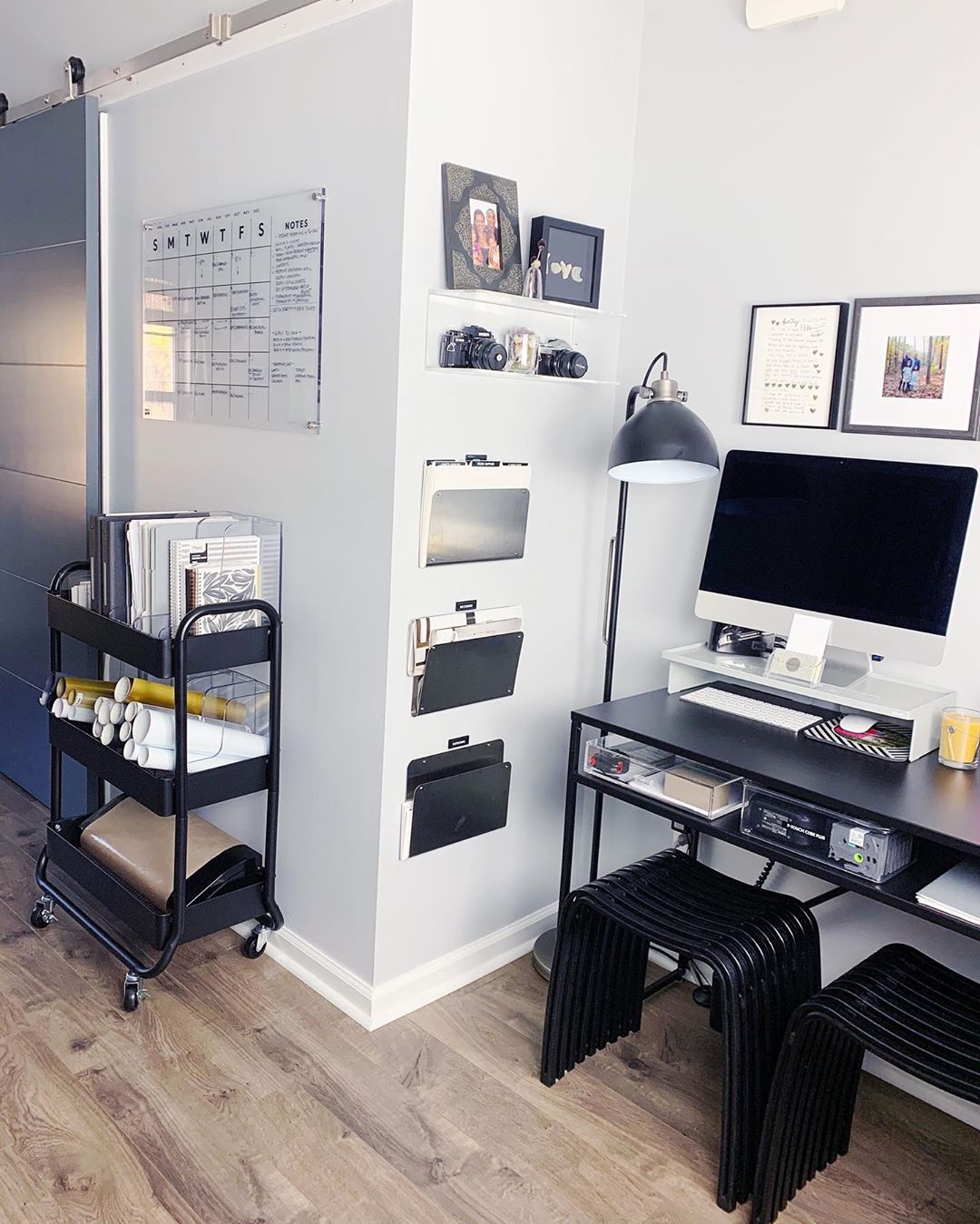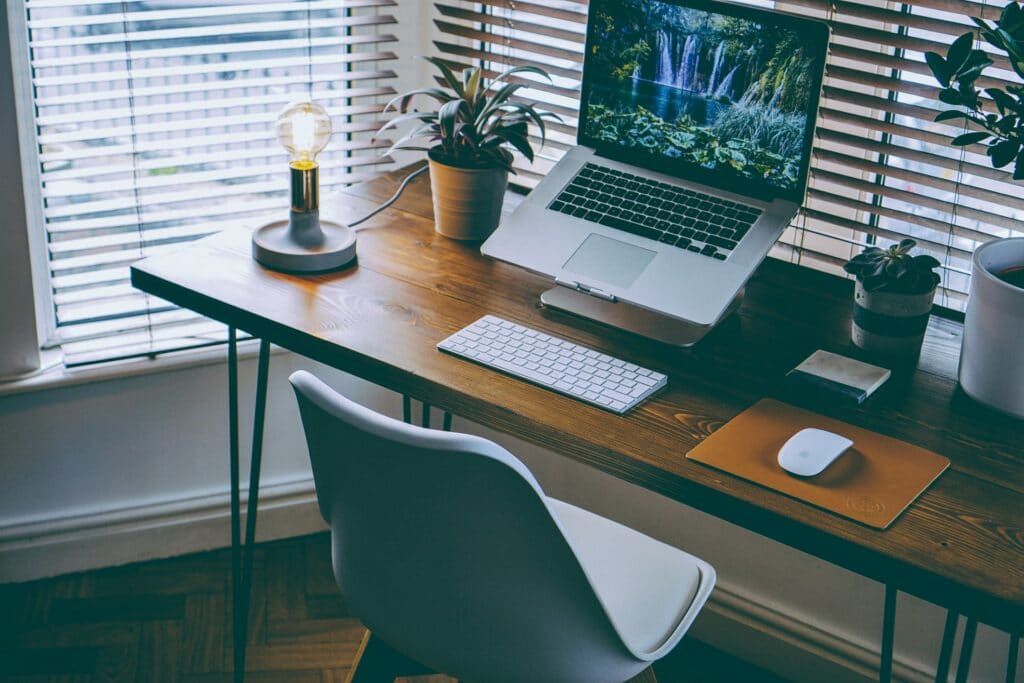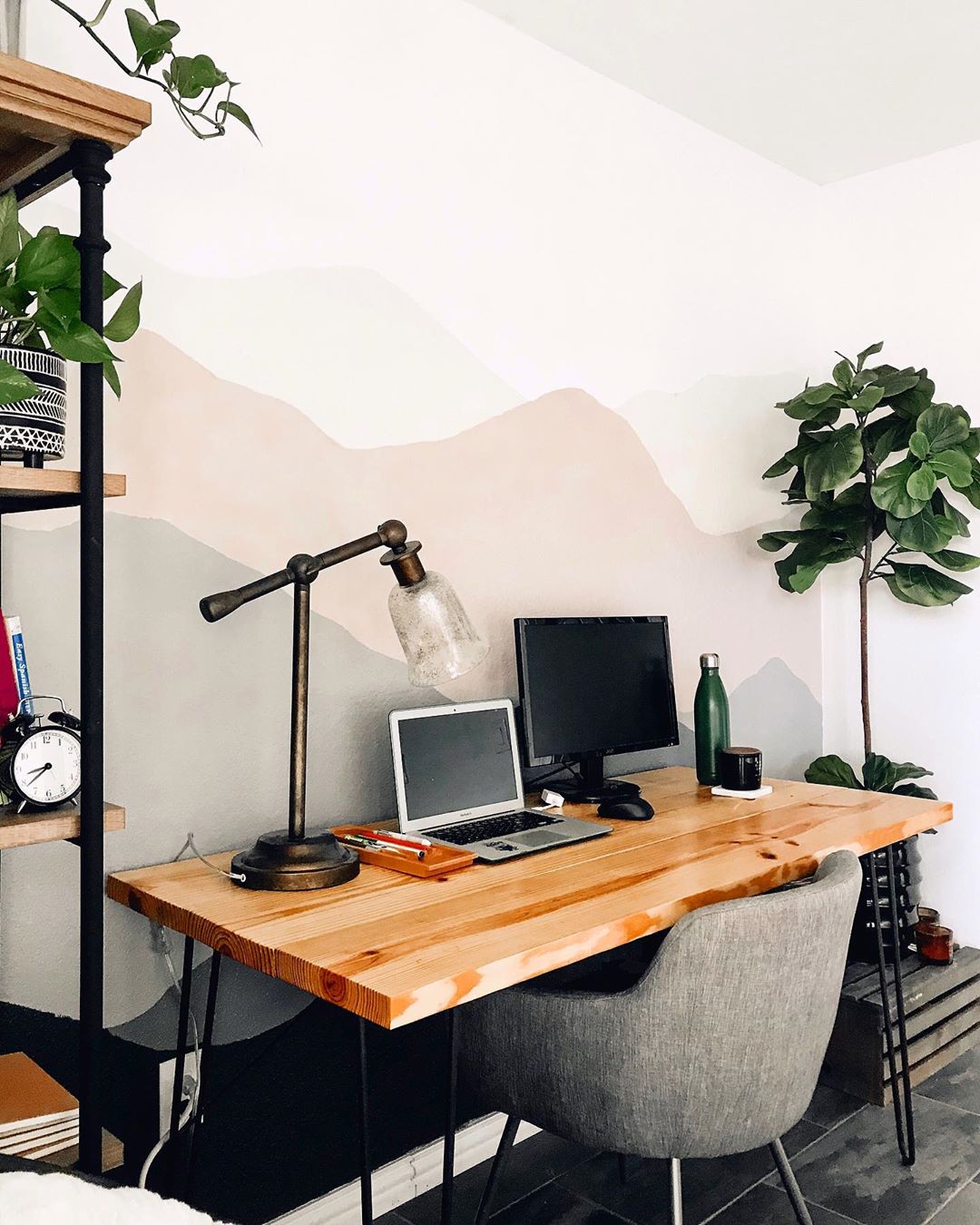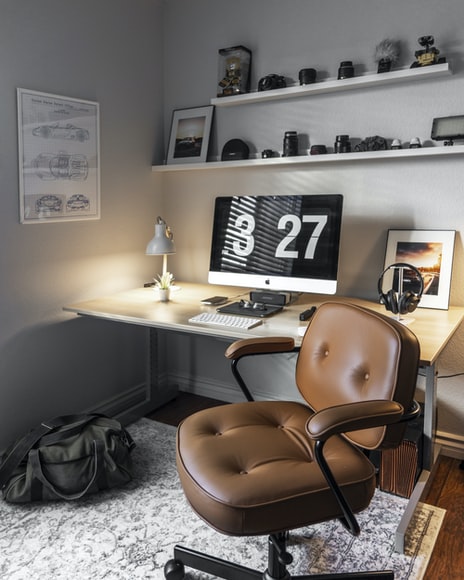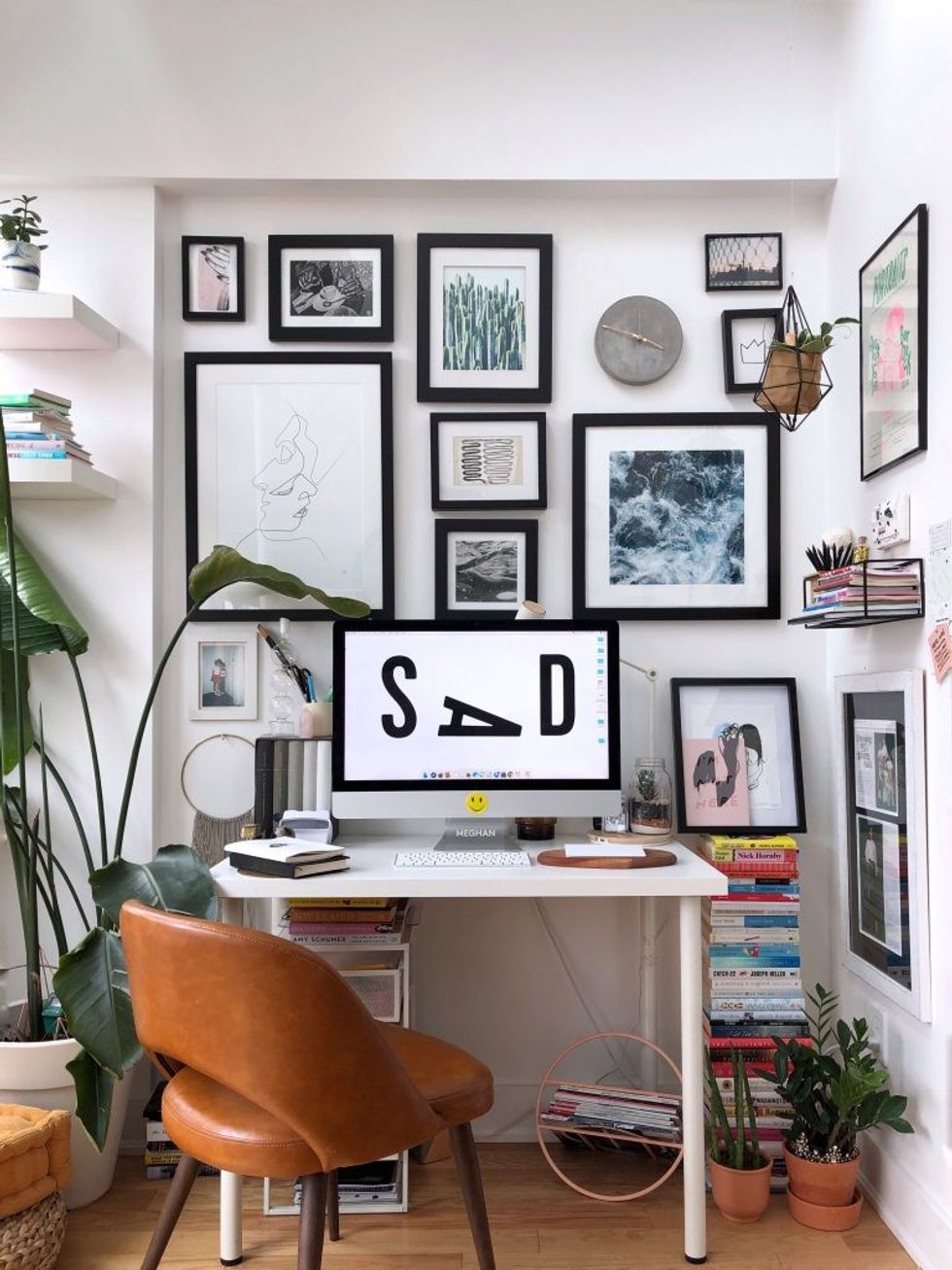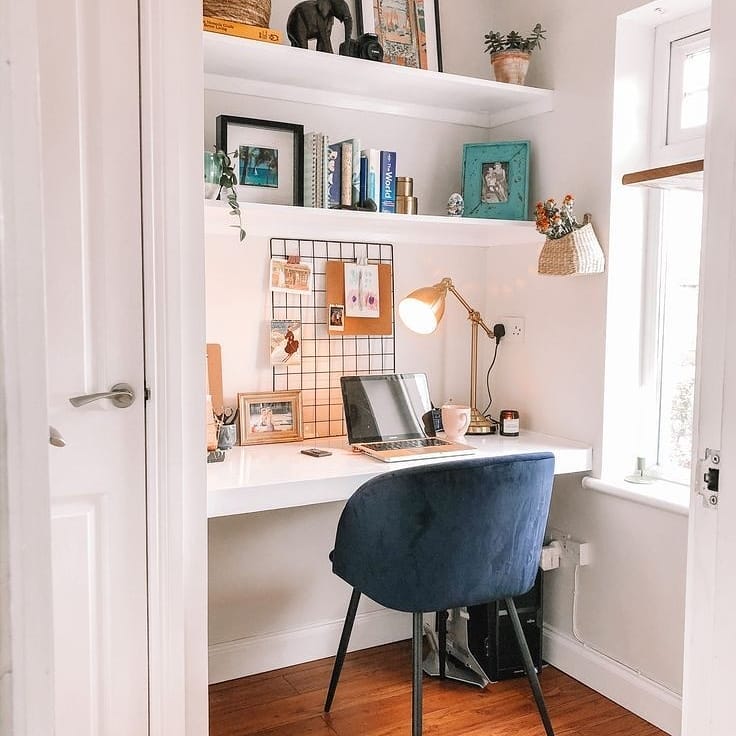How To Create A Productive Workspace At Home
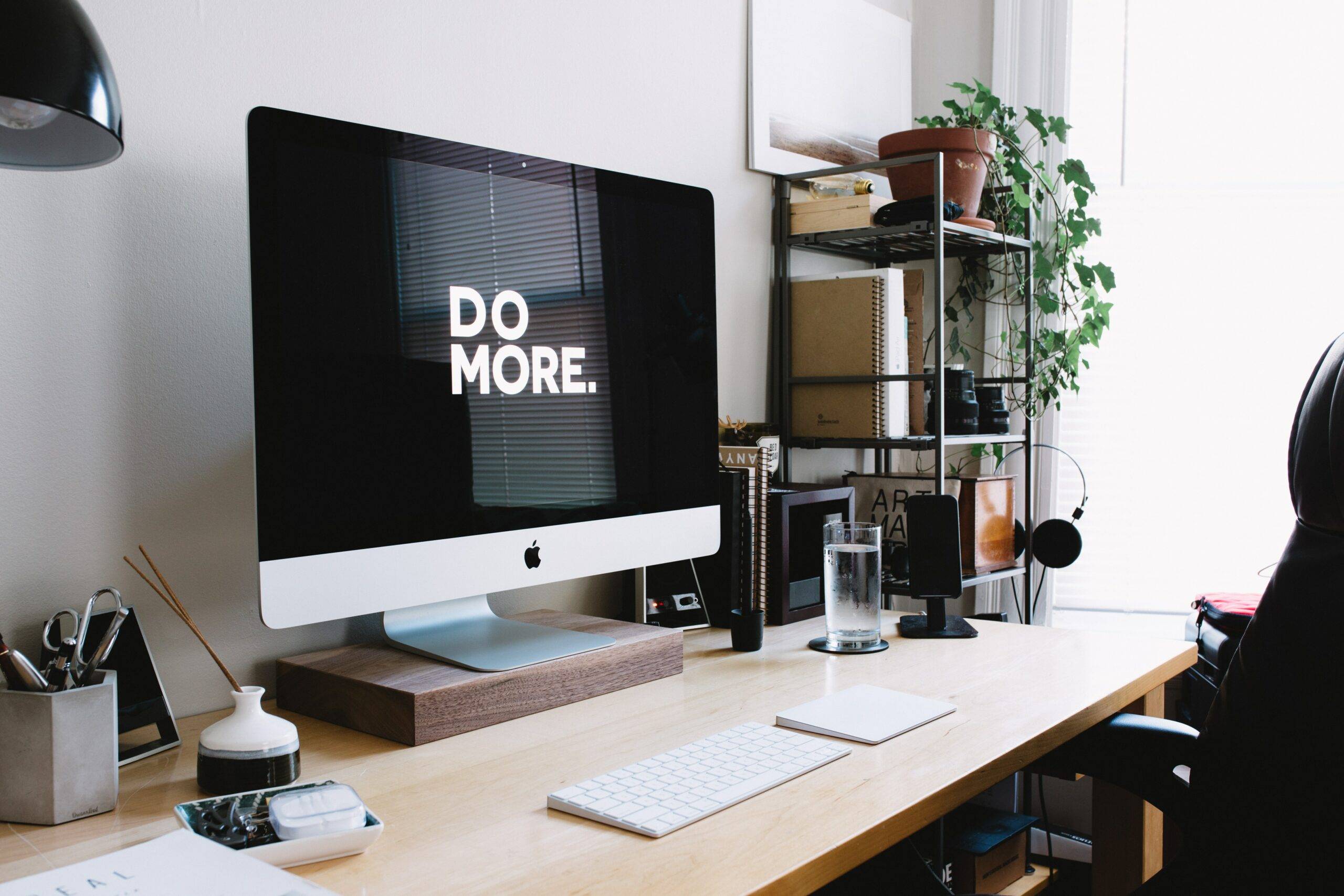
The aroma of freshly brewed coffee fills the air, mingling with the gentle hum of your laptop. Sunlight streams through the window, illuminating a small succulent on your desk. But instead of feeling inspired, you’re staring blankly at the screen, a million distractions vying for your attention. The allure of the unmade bed, the beckoning television, and the never-ending pile of laundry all conspire to derail your focus.
Creating a productive workspace at home is about more than just setting up a desk. It's about crafting an environment that fosters concentration, minimizes distractions, and supports your well-being. This guide explores actionable strategies to transform your home into a haven of productivity.
Understanding the Importance
Before diving into the specifics, it's crucial to understand why a dedicated workspace is so vital, especially in the age of remote work. According to a study by Stanford University, working from home can increase productivity by 13%, but only if done right.
A designated area signals to your brain that it's time to work, helping you mentally transition from personal to professional mode. This separation can significantly improve focus and reduce procrastination. Having a structured workspace can minimize stress and promote a healthy work-life balance, helping you avoid burnout.
Location, Location, Location
Choosing the right location is paramount. Ideally, opt for a room or corner that can be dedicated solely to work.
If a separate room isn't possible, try to carve out a distinct zone using screens or furniture. Avoid high-traffic areas like the living room or kitchen, where interruptions are more likely. Consider natural light, as studies show it can boost mood and productivity.
Setting Up Your Physical Space
Ergonomics are essential for long-term comfort and preventing strain. Invest in a supportive chair that promotes good posture.
Position your monitor at eye level to avoid neck pain. According to the Occupational Safety and Health Administration (OSHA), a well-designed workstation can significantly reduce the risk of musculoskeletal disorders. A comfortable keyboard and mouse are also crucial.
Declutter and Organize
A cluttered workspace is a cluttered mind. Take time to declutter your desk and surrounding area.
Invest in organizational tools like drawers, shelves, and cable organizers to keep things tidy. The KonMari method, focusing on keeping only items that "spark joy," can be surprisingly effective in creating a minimalist and calming workspace.
Personalize Your Space
While minimalism is beneficial, don't hesitate to personalize your workspace. Add elements that inspire you, such as plants, artwork, or photos of loved ones.
Consider incorporating items that stimulate your senses, like a diffuser with calming essential oils or a small water fountain for ambient noise. However, avoid excessive personal items that can become distractions.
Managing Distractions
One of the biggest challenges of working from home is managing distractions. Identify your biggest productivity killers and develop strategies to minimize them.
Use website blockers or apps to limit access to social media and other time-wasting sites. Communicate your work hours to family members or housemates to minimize interruptions. Implementing thePomodoro Technique, working in focused 25-minute intervals with short breaks, can also be helpful.
Embrace Technology
Utilize technology to your advantage. Project management tools like Trello or Asana can help you stay organized and on track.
Cloud storage services like Google Drive or Dropbox ensure your work is accessible from anywhere. Noise-canceling headphones can create a more focused environment.
Prioritize Well-being
Remember to prioritize your well-being throughout the workday. Take regular breaks to stretch, walk around, and rest your eyes.
Stay hydrated and nourish your body with healthy snacks. Schedule time for exercise or other activities that help you de-stress and recharge.
Creating a productive workspace at home is an ongoing process. Experiment with different strategies and adjust your environment as needed. The ultimate goal is to create a space that supports your focus, fosters creativity, and promotes a healthy work-life balance. A well-designed workspace isn't just a room; it's an investment in your well-being and professional success.

